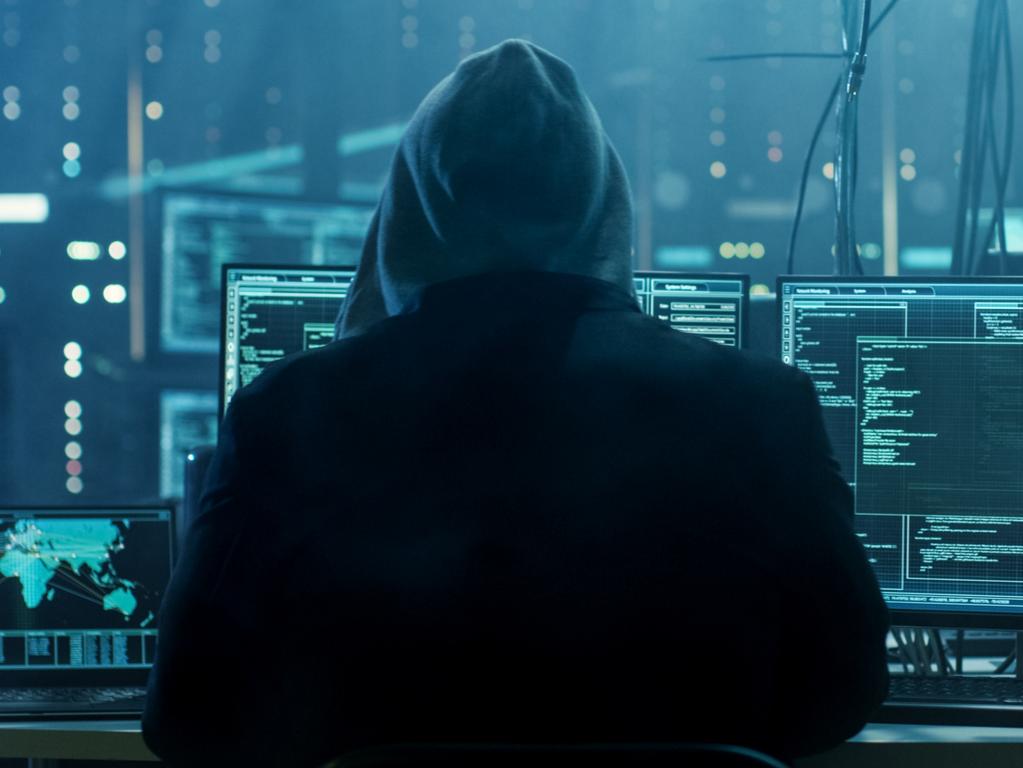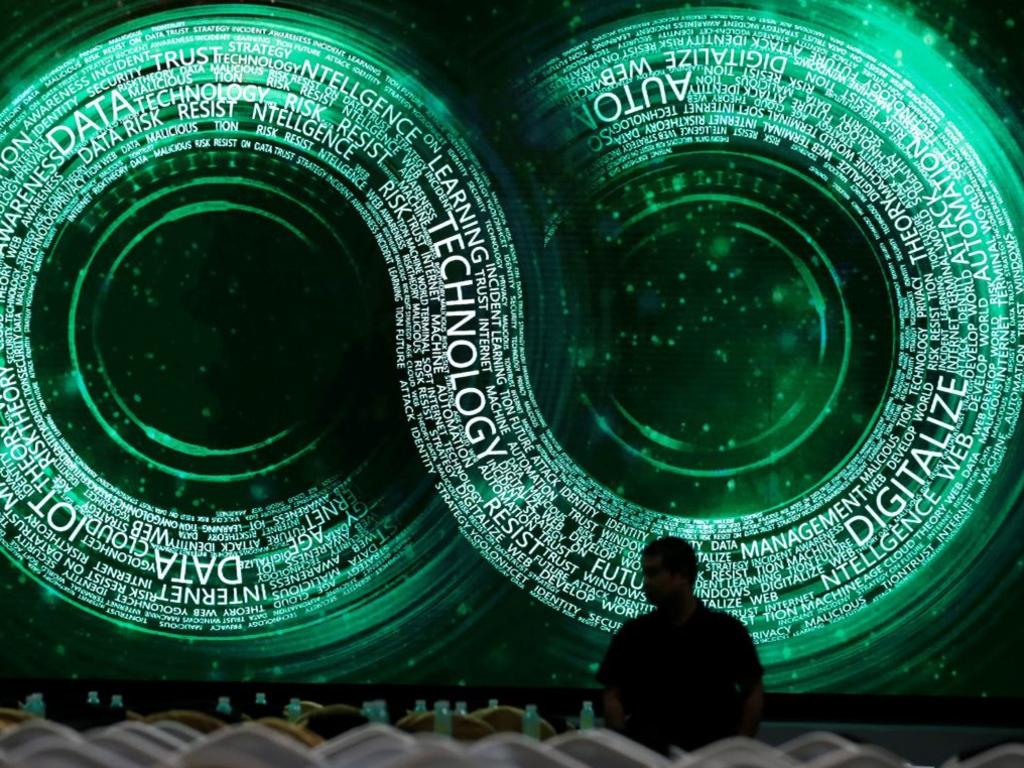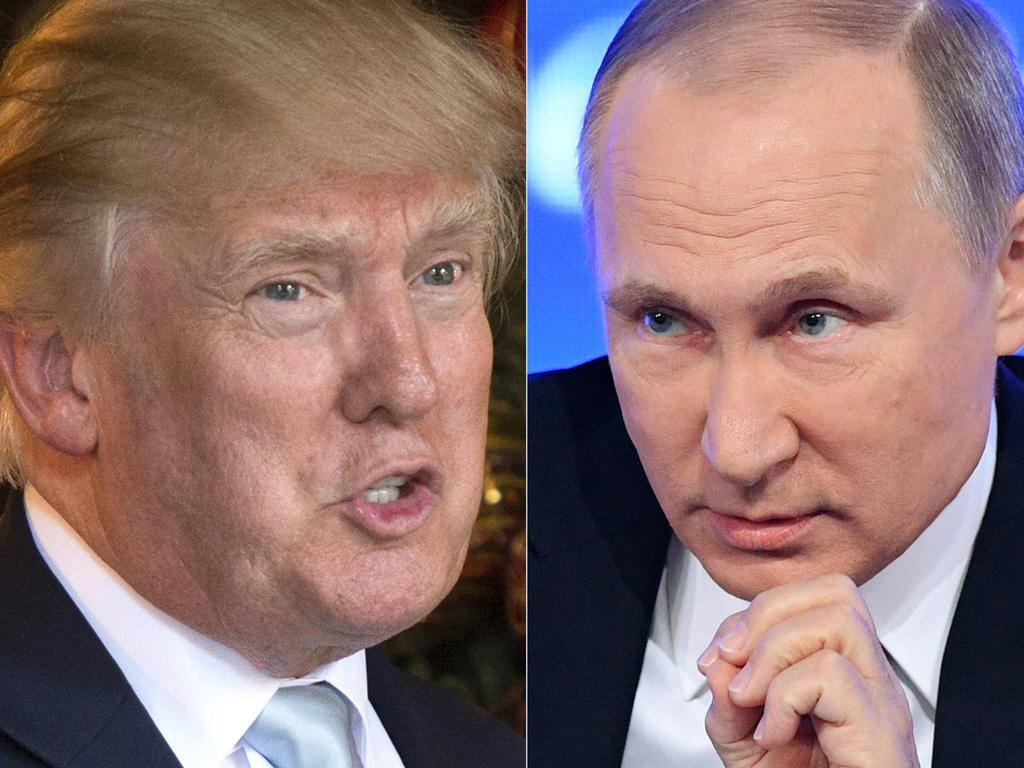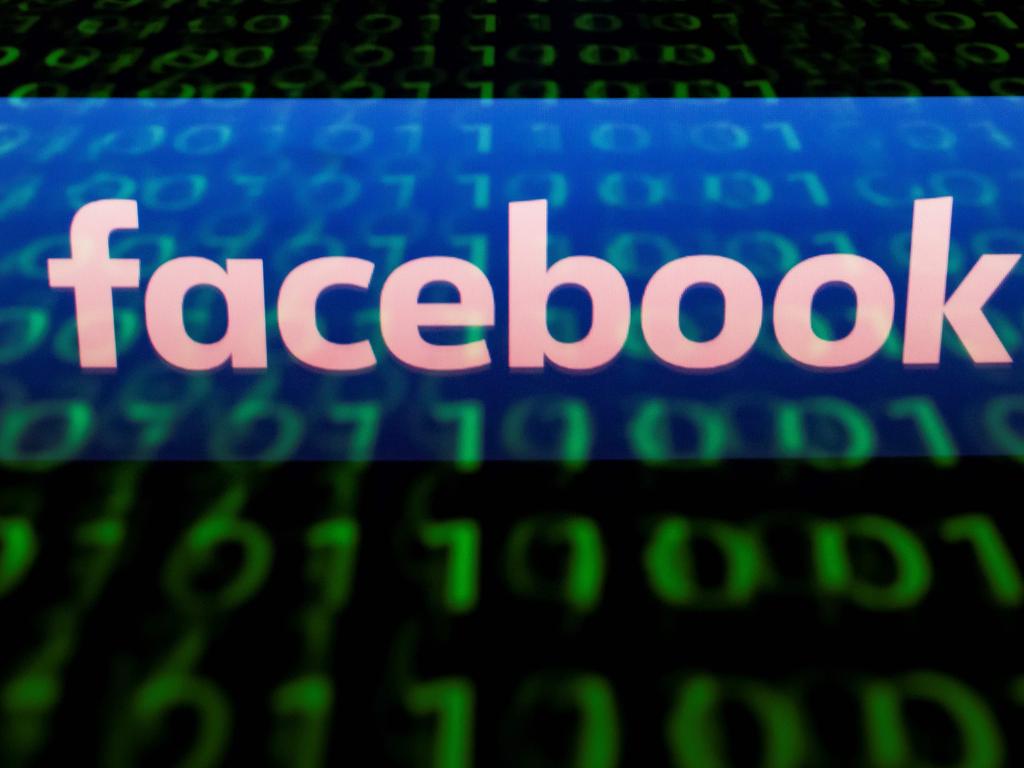Global fear over Australian cyber attack as dozens of US entities targeted by Iran and China
Fears are growing after a “sophisticated state actor” targeted Parliament ahead of the election, just as US entities were hit by Iran and China.
A cyber attack on Parliament ahead of the federal election has sent shockwaves reverberating around the world, with the United States particularly concerned by the intrusion.
Primer Minister Scott Morrison yesterday revealed a “sophisticated state actor” had targeted the Parliament House computer network and all three major parties. “Our cyber experts believe that a sophisticated state actor is responsible for this malicious activity,” he said.
“Let me be clear though, there is no evidence of any electoral interference. We have put in place a number of measures to ensure the integrity of our electoral system.”
Cyber experts from across the globe warned Australia should be worried after co-ordinated interference in the 2016 US presidential election by Russian hackers. The attackers not only spread misinformation, they released a tranche of Democrat emails intended to damage Hillary Clinton and help Donald Trump win the presidency.

While Mr Morrison did not reveal the state thought to be responsible, China is the key suspect because of its political power seeking in the region. In 2011, Australia became one of the first countries to discover just how vulnerable its communications networks were when Beijing was accused of accessing thousands of private emails in the system used by politicians and parliamentary staff.
In 2017, Canberra accused China of meddling in its affairs, causing relations with a country that is fast becoming a key trade partner to sour.
The Australian Government also banned Chinese tech giant Huawei from building a 5G telecommunications network last year, a decision some suggested was related to data protection.
The latest hack could have allowed access to the private conversations, polling, election plans and major secrets of Australia’s biggest political parties months from the election.
“When you consider motivation, you would have to say that China is the leading suspect, while you wouldn’t rule out Russia either,” Fergus Hanson, from the Australian Strategic Policy Institute think tank, told Sky News.

“It is the honey pot of juicy political gossip that has been hoovered up. Emails showing everything from the dirty laundry of internal fights through to who supported a policy could be on display.”
Mr Morrison said Australia’s security agencies “acted decisively” to confront the breach. “They are securing these systems and protecting users,” he said.
But Australian Cybersecurity Centre head Alastair McGibbon told the New York Times the Government had taken the defensive action before learning the identity of the attacker, which “also does other unpleasant things, like remove some of the forensic evidence we’re interested in”.
The news came as Chinese and Iranian tackers targeted dozens of American businesses, government agencies and banks in a string of aggressive attacks. Firms typically do not reveal hacks that target trade secrets, only those that compromise customer data, although Airbus said Chinese hackers had penetrated its databases in recent weeks.

Social giants including Facebook have stepped up their efforts to combat stealth misinformation campaigns and the manipulation of their platforms, but it’s a gargantuan task. In August, Mark Zuckerberg’s firm shut down hundreds of fake accounts run by Russia and Iran, prompting a fresh denial from Moscow.
Security experts said the hackers had been reinvigorated by Mr Trump’s withdrawal from the Iran nuclear deal and trade disagreements with China, although it was hard to measure just how many attacks were now happening.
Roderick Jones, founder of San Francisco cybersecurity firm Rubica, told the Times: “It is gross negligence to have any significant breach of a system at this point, given everything that’s happened around the world, to have a penetration of a parliamentary system is just negligent.”

“Over the past few years, we have witnessed a range of attempted infiltrations and manipulations in the democratic processes of Germany, Japan, to Ukraine, the United Kingdom, the United States, France and Canada,” Opposition Leader Bill Shorten said yesterday.
“We cannot be complacent and, as this most recent activity reported by the Prime Minister indicates, we are not exempt or immune.”
Australia is a vital part of the Five Eyes Alliance with the US, Britain, Canada and New Zealand, an intelligence-sharing network that aims to counter Chinese influence, but a growing reliance on trade with the Asian nation complicates matters.

Mr Shorten said every Western election was now experiencing interference, with Russia and China more allied than ever to destroy confidence in electronic voting and the democratic system. French President Emmanuel Macron’s campaign was also the victim of a cyber attack shortly after the US 2016 election. It was blamed on Russian state actors.
“We should not make unreasonable guesswork and randomly label other countries,” warned Chinese foreign ministry spokesman Geng Shuan at a daily media briefing. “Irresponsible reporting, accusation, pressure and sanctions will only aggravate the tension and confrontation in cyberspace and poison the environment of co-operation.”
Hacking is becoming increasingly dangerous and hard to detect, as our reliance on technology develops and cyber attackers develop intricate new methods. While elections are a key target, hackers have also gone after nuclear plants and electrical grids. Foreign administrations can now spy on government or steal trade secrets, surreptitiously gathering powerful intelligence.
It is frightening both for our democratic processes and national decision-making but also for our individual safety.
It has become one of the best ways to attack without waging a military war — and the consequences can be even more devastating.
— With wires




